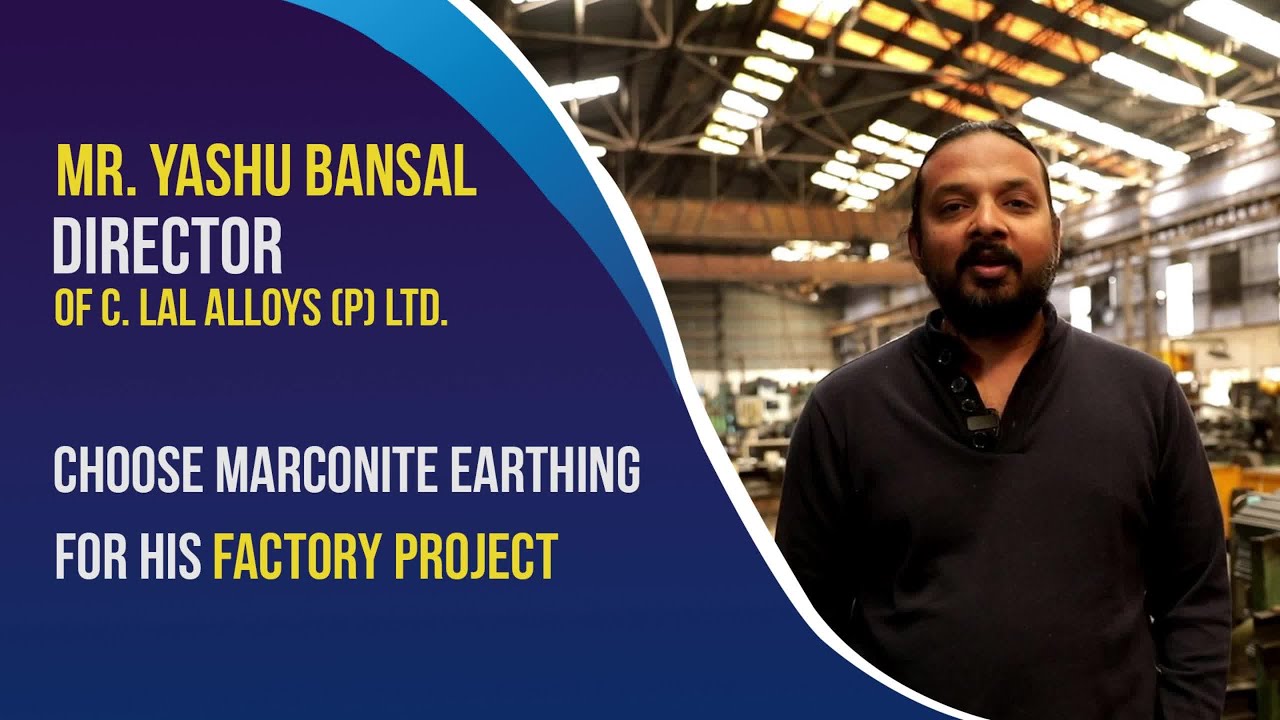It is no news that the scarcity of water in India impacts hundreds of millions of people across the country. While a majority of the population suffers through the water crisis with no reliable and constant means of getting water for their daily needs, the demand for water for millions of earthing appears to be a challenge.
Earthing, as a concept was introduced centuries earlier to protect humans and equipment from different fatal accidents due to high electric potential. However, with changing times, electrical earthing has transitioned from traditional earthing to chemical earthing which required regular water recharge of earthing pits.
Why does earthing pit require water?
Chemical earthing, which replaced the traditional coal-based earthing with chemicals-based earthing requires constant maintenance of moisture. Moisture is key to maintaining earth pit resistance value, the most important element of sound earthing, as fault current is conducted only when chemicals used in earth pit are moist.
Soil resistance is greatly influenced by the water held by the soil and the resistivity of the water itself. While in various areas, soils are extremely poor conductors of electricity, water allows them to become more conductive.
Fluctuating or decreased moisture levels in the chemicals used in the earth pit impact the resistance value of the earth pit. In various areas, the water table goes down in dry weather conditions, which makes external pouring of water in and around the pit essential.
So, how much water does an earth pit waste?
An earthing pit is designed to reduce the ground resistance to divert the maximum current away from the circuit. Earthing pits which are located in sloping, hilly, rocky, or sandy landscapes, the chances of water running and soil around the pit drying becomes high.
It is suggested that water should be added to earthing pit only if the moisture content decreases to below 20%. This can be common in places with dry weather conditions.
This implies that chemical earthing requires water top-up at frequent intervals to achieve the desired resistance value. An earthing pit with chemical earth enhancement materials like salt & charcoal or bentonite requires as much as 30 to 50 liters of water twice every year.
This implies the 100 liters of water requirement for earthing pits multiplied by millions of the earthing pit installation across India is needed on a regular basis.
The Drawbacks of Chemical Earthing
- High Demand for Water: Water is a highly scarce resource especially in various rural areas of India including Maharashtra and Rajasthan. As these places are naturally lacking groundwater, people use borewells and procure the water for the earthing pit.
- Regular Maintenance: In efforts to minimize the earth resistance, pouring sufficient water into the earth electrode at regular intervals makes ensuring sound earthing a high maintenance task.
- Regular recharge of water in the earth pit involves additional costs on account of man-days and the cost of water.
Marconite, The New Era of Waterless Earthing
While earthing is an irreplaceable solution for the safety of human life, the option of water-free and green earthing solutions can be chosen. Approximately 60 years ago, in 1972, engineers at a company founded by Nobel Prize winner, Guglielmo Marconi’s company, Marconi, developed Marconite, a material specifically designed and manufactured for electrical earthing which solved the above drawbacks of chemical earthing, which uses naturally resourced materials and conduction of current are possible in an ionic state, against this conduction of current in Marconite is by the movement of electrons.
Water-free Marconite Earthing solutions are sustainable and cost-efficient earthing solutions that do not require a drop of water throughout the life cycle. This moisture-free solution is also a time-effective solution that does not require regular maintenance with water top-up.
Moreover, unlike chemical earthing, Marconite earthing is known to stabilize the resistance of any type of soil from granite, to rock, to sandy, to glacial, to saline, etc. It is one of the top preferred earthing systems by engineers because of the same reason.
Since it offers a higher life cycle than chemical earthing, there is a high cost-saving, water-saving, and time-saving option.












